Hello lovely students! Have you ever wondered what currency we use over here in the U.K? Have you seen something online and wanted to know more? Or are you even planning on a trip to good old Blighty?
If you are, then this handy article on all things about British currency is a must. You’ll know everything there is to know in no time.
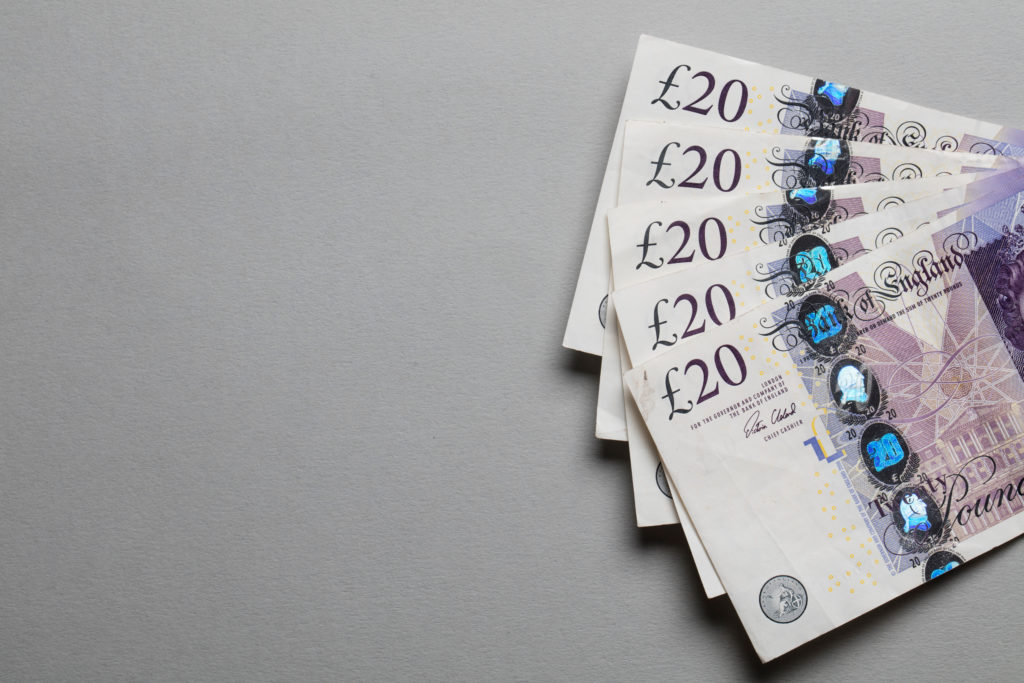
What is the official currency?
Before we get started on the history of our money, you must first know that the official term for British money is pound sterling. The pound sterling is written as GBP when used in currency converters. GBP is an ISO code. You might be wondering ‘why GBP’. All it means is Great British Pound.
Obviously, saying pound sterling or Great British pound is fairly lengthy in everyday conversation so we usually just say pounds.
The pound symbol is this £.
Most pounds are paper money like in the photo above with the highest being £50 in England. 20 pound notes, 10 pound notes and 5 pound notes are used the most. It is very rare to use a £50 note.
Each of the pound notes has the Monarch’s face on them as well as a notable British person from history on the other side. At present famous faces on the pound note include;
£5 – Former Prime Minister, Sir Winston Churchill.
£10 – Author, Jane Austen.
£20 – Painter, JMW Turner.
£50 – Computer Scientist, Alan Turing.
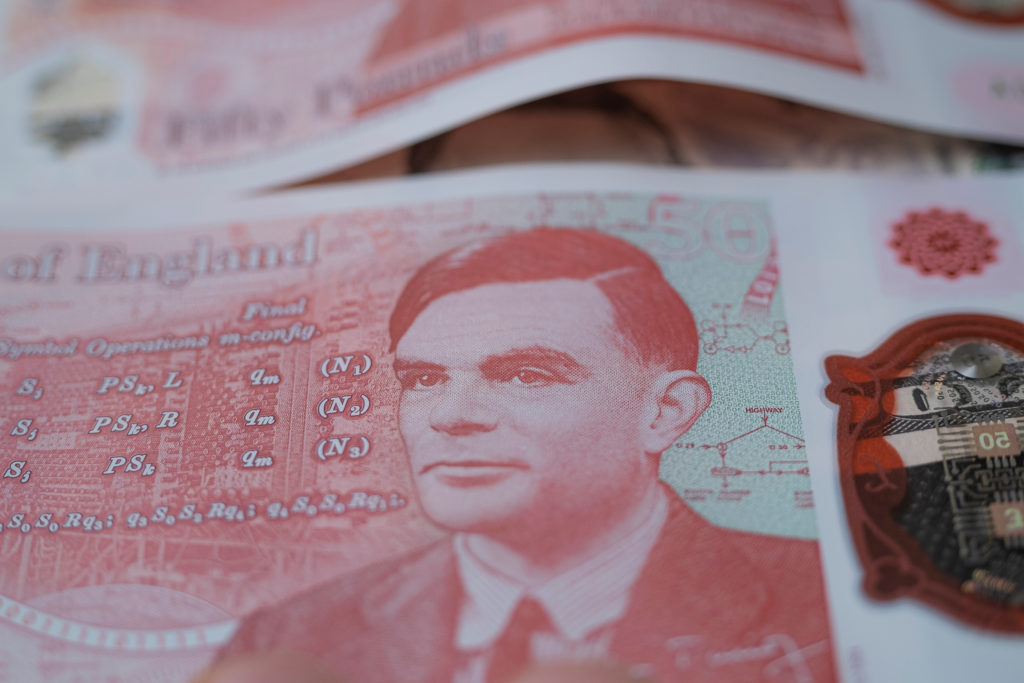
Fun fact: The Bank of England, the UK’s central bank, will update the banknotes with the face of the current Monarch, King Charles III. At the moment, the former Queen Elizabeth remains on them. The new notes are expected to be in circulation by mid-2024.
There are other pounds too that are not in paper note form. These are the one pound coin and the two pound coin. Two pound coins are significantly bigger and circular in shape, whilst one pound coins are hexagonal and smaller. They each have a golden-coloured edge to them and a silver-coloured middle.
Like pound notes, the coins have two sides, which are commonly known as faces. One face has the profile of the Monarch on it whilst the other side has an emblem such as a rose or a crown. If there is a special occasion, the emblem side of the coin represents that.
For example, when London hosted the 2012 Olympics, coins with the London 2012 logo were in circulation. These rare coins are what we call collector’s items and they can be worth a lot.
The same applies to coins that represent pence. Pence is the term used for a value lower than one pound sterling. 100 pence is equivalent to one pound.
Pence is the value, penny the singular noun and pennies the plural noun. We write it like this numerically (50p) or like this alphabetically (fifty pence). When we see this value, we say 50 pence or 50p,as in the letter from the alphabet, so it ends up sounding like this: fifty pee.
There are more penny coins than pound notes and this is their order from smallest value to biggest value: 1p, 2p, 5p, 10p, 20p, 50p. There are six values in total.
1p and 2p coins are bronze-coloured whereas 5p and upwards are silver-coloured coins.
And before you ask, no, British coins are not made from precious metals. Don’t think that you have gold coins in your purse or wallet if you have some.
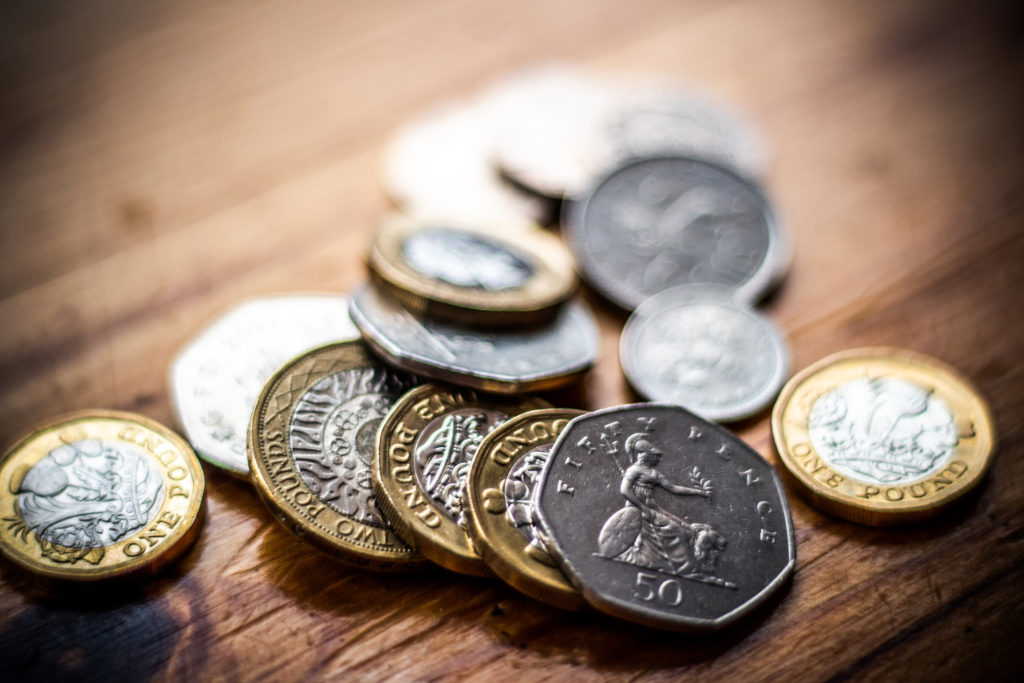
Fun fact: when deciding on something that is impossible to decide on, most Brits ‘toss a coin’. This means to throw a coin in the air, catch it and see what side it lands on to make the ultimate decision.
Before throwing the coin, people say ‘heads or tails’. Heads is the Monarch side of the coin whereas tails is the emblem side. Players must choose their side before throwing the coin. You can do this with pound coins or penny coins.
What is the history of British money?
The pound sterling didn’t always look like it does now. In fact, prior to 1971, English money looked completely different all together!
At the moment, British currency divides one pound into 100 pence. However, fifty years ago one pound was made up of 240 pence. There were many different names for these coins.
Pounds (£), like now, were the highest currency. Shillings (s) were the medium currency and pence (d) were the bottom currency. There were 12 pence to the shilling and 20 pence to the pound. However, this was too confusing to calculate and the system was abolished in 1969 under the Decimal Currency Act when the UK government announced it would be scrapped in 1971.
UK currency could have been changed again in 2002 when the euro was officially adopted as the currency of many EU member states. The UK, however, opted to remain with GBP.
Before either of these key dates, British pound notes began circulating in England in 1694, shortly after the establishment of the Bank of England.
Fun fact: A “crown” was a gold coin issued during the reign of Henry VIII in 1544. In 1551, under the reign of his son Edward VI it became a silver coin.
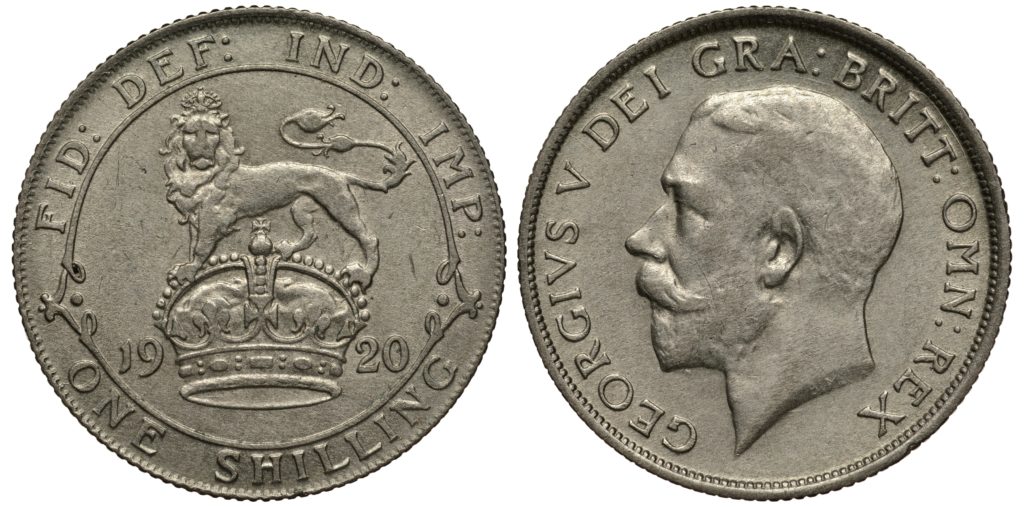
How is British money produced?
The Bank of England (the central bank of the UK) is approved by the U.K. government to govern the pound’s monetary policy. The Bank of England controls the production of banknotes in England and Wales.
For Scotland and Northern Ireland, it controls banknotes issued by their seven approved banks (more on that further down).
The Royal Mint is the official maker of British coins. It is owned by the Treasury which is the government department for executing financial policy.
Are there alternative currencies in the UK to English money?
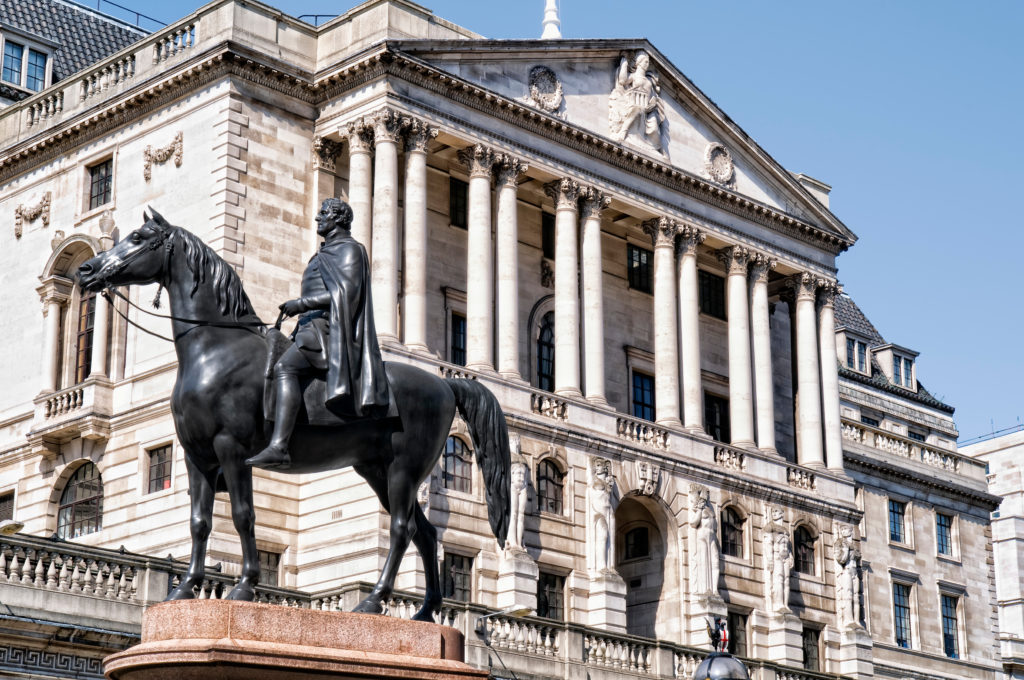
You must know that England and Wales aren’t the only two nations in the U.K: Scotland and Northern Ireland make up the U.K.’s four nations.
Their money is the same currency as in England and Wales (GBP), and has the same value, but it looks different. Both nations even have banknotes up to 100 pounds. Though they look different, Scottish and Northern Irish banknotes are legal tender in England and Wales, meaning businesses accept them.
The U.K also has a few smaller islands around it. These are called Guernsey, Jersey and the Isle of Mann. Collectively they are known as UK Crown Dependencies. These Crown Dependencies have their own currency called the Guernsey, Jersey or Manx pound depending on what island you’re on.
These currencies are not legal tender in the U.K and the Bank of England does not govern these. However, UK money is generally accepted as legal tender on the islands and is set at an exchange rate by the government.
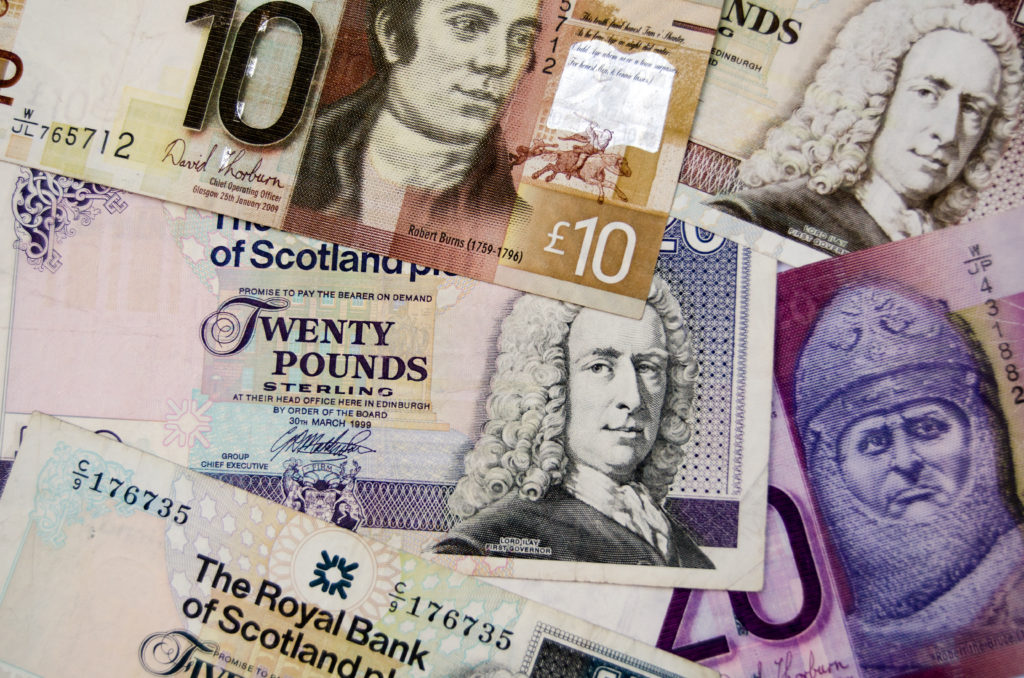
Do we just call money, money?
Absolutely not! Money is not simply called money in the UK. There are lots of different names for it as most of them are slang terms.
Are you ready to hear some alternative British money terms?
1) Cash
This is perhaps the most commonly used synonym and it can be used as per the example below.
I haven’t got much cash on me. Can I borrow some?
I haven’t got much money on me. Can I borrow some?
2) Wonga
This term is used both in the UK and New Zealand. It is very informal, as are all the following synonyms.
Bill has just lost his job, so he hasn’t got much wonga.
Bill has just lost his job, so he hasn’t got much money.
3) Dough
Dough is what is used to make bread or pizza. A person earning money would have to make enough money to buy bread and so in the 19th century, dough became synonymous with money.
Anne must have a lot of dough. Her house is massive.
Anne must have a lot of money. Her house is massive.
4) Dosh
This synonym is commonly used in the South East of England.
Chelsea has plenty of dosh as she’s flying first class to L.A. tomorrow.
Chelsea has plenty of money as she’s flying first class to L.A. tomorrow.
5) Smackeroonies
This synonym is not used as frequently as the other, but you can sometimes hear it out and about.
I bet Bill has a lot of smackeroonies. He is always in designer clothes!
I bet Bill has a lot of money. He is always in designer clothes!
6) Bees and honey
Bees and honey is cockney rhyming slang for money, and so it is used a lot in East London.
Helen’s got too much bees and honey in my opinion.
Helen’s got too much money in my opinion.
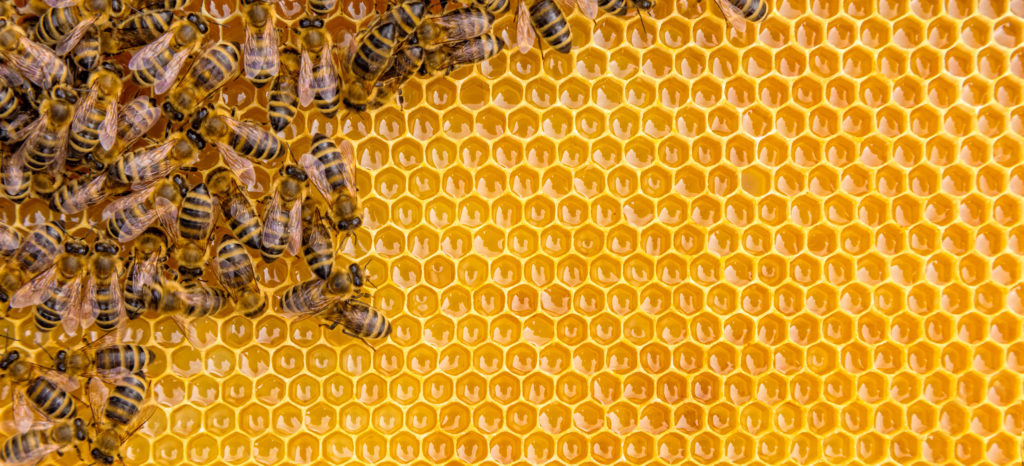
7) Change
This term is used for coins rather than banknotes.
I’ve got a load of change in my purse, but that’s it.
I’ve got a load of coins in my purse, but that’s it.
8) Shrapnel
Shrapnel is used in the exact same way as change.
He has shrapnel in his pocket.
He has coins in his pocket.
9) Quid
Quid can be used for both coins and notes to mean pound
I lost a quid on the raffle last night.
I lost a pound on the raffle last night.
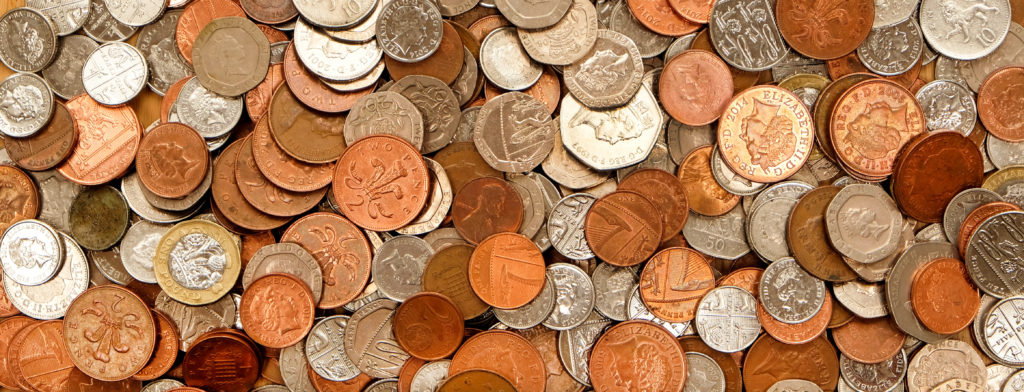
Idioms with British money terms
1) A pound to the penny
To be convinced that something will happen.
I bet you a pound to the penny, Faye will quit her job.
2) A penny for your thoughts
Another way to say ‘what are you thinking?’
3) Cost a pretty penny
A term used when something is expensive.
The new smartwatch cost a pretty penny.
4) I don’t have two pennies to rub together
When you have no money.
Dave was fired last week and now he doesn’t have two pennies to rub together.
5) Have the penny drop
When you finally understand something.
The penny finally dropped, and Sharon realised Mick and Sheila were related.
Is that everything?
Not at all! For more engaging English content, check out my YouTube channel English with Lucy.